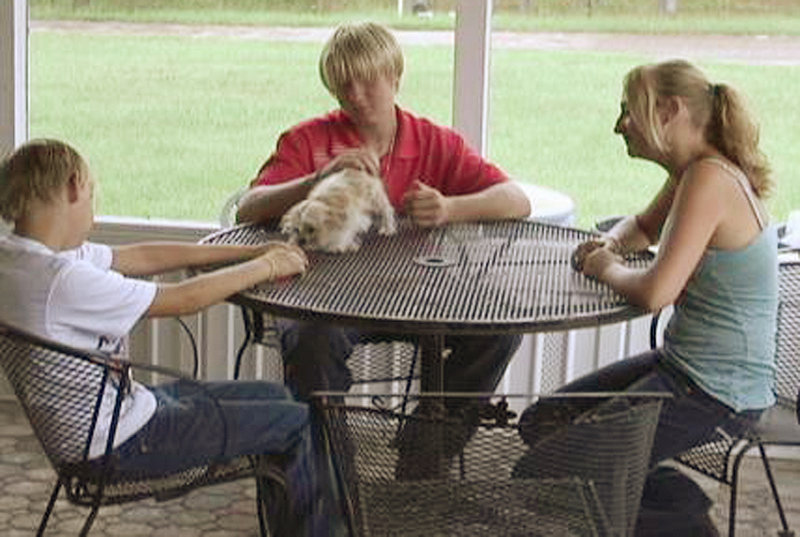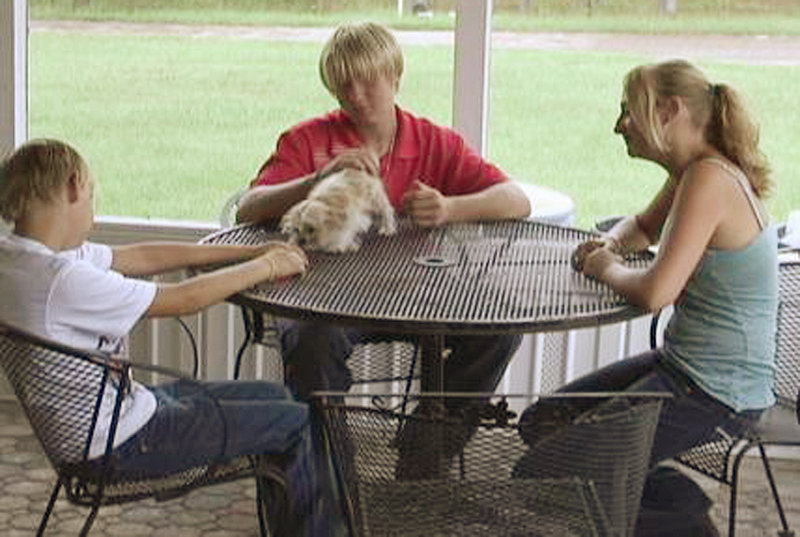JACKSONVILLE, Fla. – Bored on a hot summer day, three Florida youngsters were just sitting around when one sent a text message to another with an adventurous idea.
“Hey do you want to go 2 Tennessee today,” the message read.
“Sure,” the other responded.
Not even old enough to get a driver’s license, they took a taxi to the airport Tuesday, bought tickets with baby-sitting money and — unbeknownst to their parents — the three (ages 15, 13 and 11) boarded a Southwest Airlines flight from Jacksonville to Nashville, according to a TV news account of the incident.
Nobody asked a question. Nobody asked for identification.
Not the taxi driver. Not the ticket counter. Not security officials or flight attendants or other passengers. So when they landed in Nashville with just $40 left and their destination, Dollywood, still hundreds of miles away, they finally called home.
The jig was up.
“I just wanted to fly,” Bridget Brown, 15, told WJXX-TV in Jacksonville. “I had the money.”
Now their parents are wondering how the trip was possible.
Southwest Airlines said in a statement that the company’s policy on minors is similar to the policy of other carriers in that it covers children ages 5 through 11 traveling alone, and that the 11-year-old in this case was accompanied by two older companions. The Transportation Security Administration does not require anyone under age 18 to show identification, but all bags are still screened.
It is still unclear if any of the three should have been allowed to purchase tickets. A Southwest spokesman did not immediately return a message seeking comment on that issue.
Messages left by The Associated Press on Friday at the families’ homes were not immediately returned.
In an age of heightened security and terrorism threats, some are concerned that three youngsters could so easily board an airline without parental consent.
Richard Bloom, an aviation security expert at Embry-Riddle Aeronautical University in Daytona Beach, Fla., said while this incident amounted to a childhood jaunt, it highlights legitimate safety implications.
“The moral of the story is, at least in other parts of the world, young people are engaged in weapons, planting bombs, testing security,” he said.
“The point is terrorist groups, insurgent groups, other kinds of transnational groups, what have you, they read the papers, they watch TV, they look at the security lapses. And they take that information as they develop their own terrorist operations and anti-government operations.”
Sari Koshetz, a TSA spokeswoman, dismissed the idea that children would have an easier time of getting weapons onto a plane than anyone else.
“Our mission is to make sure that all passengers, regardless of age, are screened thoroughly to make sure they don’t pose a threat to the aviation system,” Koshetz said.
Send questions/comments to the editors.




Success. Please wait for the page to reload. If the page does not reload within 5 seconds, please refresh the page.
Enter your email and password to access comments.
Hi, to comment on stories you must . This profile is in addition to your subscription and website login.
Already have a commenting profile? .
Invalid username/password.
Please check your email to confirm and complete your registration.
Only subscribers are eligible to post comments. Please subscribe or login first for digital access. Here’s why.
Use the form below to reset your password. When you've submitted your account email, we will send an email with a reset code.